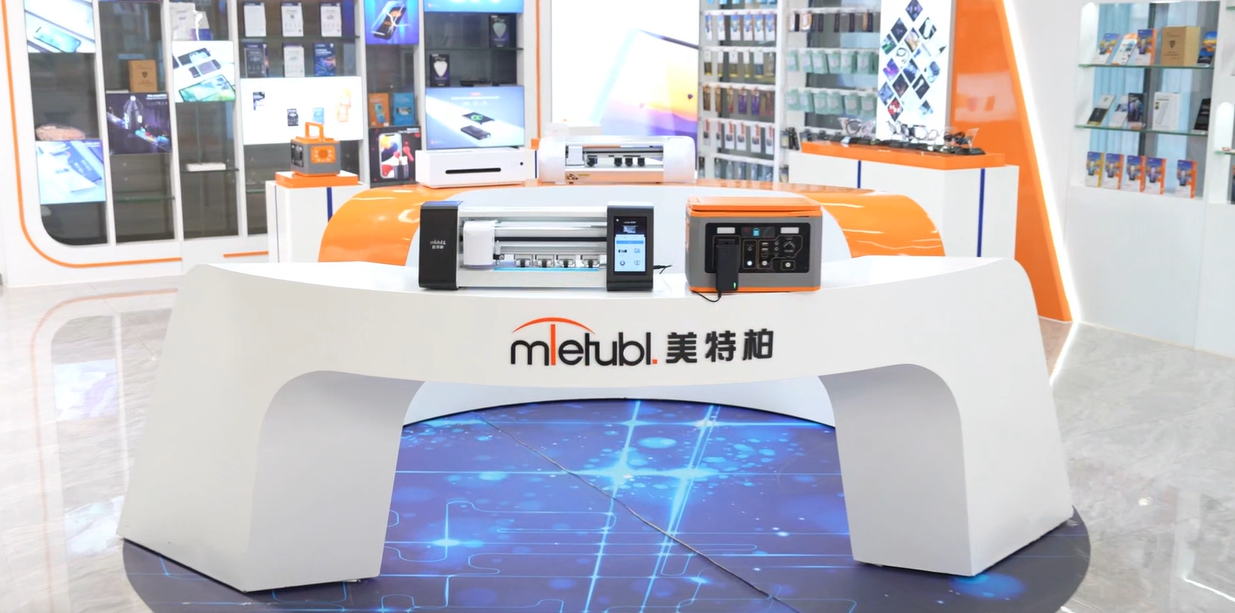
MIETUBL Brand Overview
MIETUBL is a brand originating from China and thriving through China’s intelligent manufacturing. It is committed to providing high-quality mobile accessories and related products to global consumers. Since its inception in 1998, the brand has followed the trends of the times, focusing on resource integration and building a symbiotic and shared industry ecosystem, enabling global consumers to conveniently access quality products that enhance their lives.
By continuously innovating and diversifying its product offerings, MIETUBL has achieved significant success in the mobile accessory industry. As a brand driven by customer value and innovation, MIETUBL has expanded into various product applications while accumulating rich industry experience and establishing a stable customer base. Headquartered in Zengcheng, Guangzhou, the company has strategically positioned itself within the mobile accessory industry, integrating high-quality production resources and aiming for a win-win business model.
Core Values and Development Vision:
-
Customer-Centric: MIETUBL always prioritizes customer needs, continually enhancing product quality and consumer experience through innovation and technological research and development.
-
Resource Integration and Industry Symbiosis: By integrating industry resources, MIETUBL creates a symbiotic, shared industry ecosystem, connecting global distributors and consumers, and promoting mutual growth across the value chain.
-
Global Vision: MIETUBL is committed to bringing Chinese manufacturing to the world, providing global consumers with high-quality, innovative mobile accessories, while offering profitable opportunities for distributors.
MIETUBL’s long-term vision is to continually enhance its products through innovation and quality, establishing “MIETUBL” as a globally trusted brand, recognized in markets around the world.
PRODUCTS
How Tempering Glass Creates Superior Window Panes
The Tempering Process: From Ordinary to Extraordinary
Tempering glass, also known as toughening, is a heat treatment process that dramatically increases the strength and durability of the glass. It involves heating the glass to a high temperature, typically around 650°C (1202°F), until it becomes malleable. This high temperature allows the glass to soften and its internal structure to relax. The key to the tempering process lies in the subsequent rapid cooling.
After reaching the peak temperature, the glass is swiftly cooled using high-pressure air jets. This rapid cooling process creates significant compressive stresses on the surface of the glass while simultaneously inducing tensile stresses within its core. This internal stress balance is the secret to tempered glass's superior strength and impact resistance. The compression on the surface acts as a protective layer, resisting external forces that would otherwise cause cracking or shattering in regular glass.
Enhanced Strength and Impact Resistance: A Safety Advantage
The most significant benefit of tempered glass is its greatly enhanced strength. Compared to annealed glass of the same thickness, tempered glass can be up to five times stronger. This means it can withstand significantly higher levels of stress before breaking. This increased strength is particularly vital in applications where safety is paramount, such as automotive windshields, shower enclosures, and storefront windows.
In the event that tempered glass does break, it shatters into many small, relatively harmless, granular pieces rather than sharp shards. This is a crucial safety feature. Unlike annealed glass, which breaks into large, jagged fragments capable of causing severe injury, tempered glass fragments minimize the risk of lacerations. This characteristic is essential for applications where human safety is a priority.
Thermal Shock Resistance: Handling Extreme Temperatures
Beyond its impact resistance, tempered glass exhibits significantly better resistance to thermal shock. Annealed glass is prone to cracking when subjected to rapid temperature fluctuations. Tempered glass, due to its internal stress profile, can tolerate considerably larger temperature differentials without fracturing. This makes it suitable for applications exposed to significant temperature variations, such as oven doors or exterior windows in climates with extreme temperature swings.
This thermal shock resistance is a result of the compressive stresses on the surface. These stresses counteract the tensile stresses that would normally develop during rapid heating or cooling, preventing the formation of cracks. This feature is particularly advantageous in harsh environments where large temperature fluctuations are common.
Applications and Versatility: A Multifaceted Material
The superior properties of tempered glass have made it a versatile material used across numerous industries. In the automotive sector, it's the standard for windshields and side windows, ensuring passenger safety. Buildings employ tempered glass extensively for exterior windows, doors, and curtain walls, providing strength and aesthetics. The consumer goods industry also utilizes it in applications such as oven doors, shower doors, and tabletops.
The widespread adoption of tempered glass highlights its exceptional performance and reliability. Its strength, safety features, and thermal shock resistance make it a preferred material whenever durability, security, and safety are critical factors. The continued advancements in glass technology further enhance its properties, paving the way for even more innovative and demanding applications in the future.
SUBSCRIBE
INQUIRY
